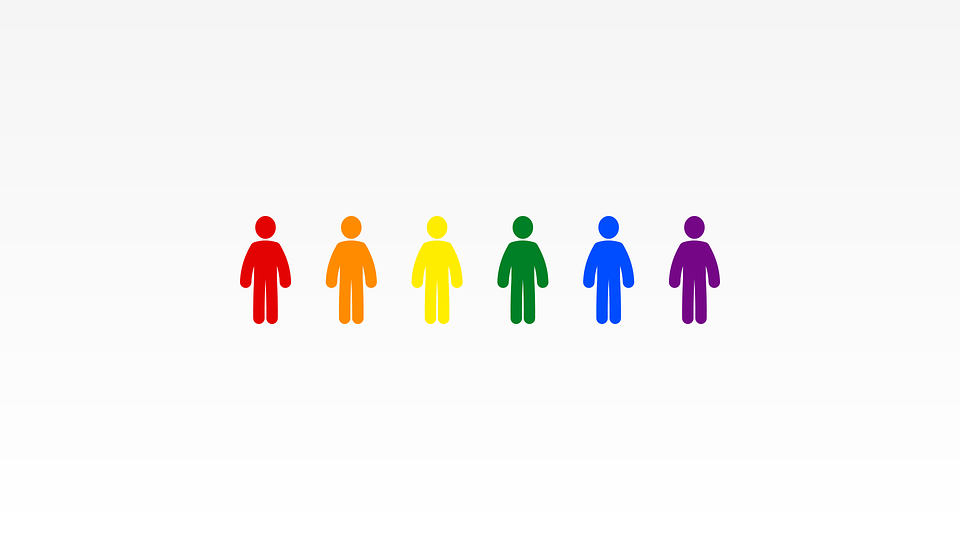Book Appointment Now

Ethical Issues in Gender and Patient Identity
Healthcare providers increasingly face ethical issues in gender and patient identity as they strive to deliver inclusive, respectful, and patient-centered care. Addressing the needs of patients with diverse gender identities requires sensitivity, awareness, and a commitment to ethical principles such as respect, autonomy, and justice. This article explores the ethical challenges in gender-affirming care and discusses best practices for healthcare professionals to ensure a supportive environment for all patients.
Do you need essay writing help about gender identities and the ethical issues? ![]()
Understanding Gender Identity in Healthcare
Gender identity refers to an individual’s deeply felt sense of their own gender, which may or may not align with the sex assigned at birth. For transgender and gender-diverse patients, accessing healthcare can often involve navigating significant barriers, including discrimination, misunderstanding, and lack of access to appropriate care. Healthcare providers must recognize and address these barriers to uphold the principles of patient-centered care and gender identity.
Challenges in Providing Gender-Affirming Care
- Lack of Understanding: Many healthcare professionals may lack training in the specific needs of transgender and gender-diverse patients, leading to inappropriate or inadequate care. Misunderstandings around gender identity can contribute to a lack of trust and reduced patient engagement.
- Discrimination and Bias: Transgender and gender-diverse patients often face discrimination or bias within healthcare settings. This can result in substandard care or even denial of services, which raises serious ethical issues in transgender patient care.
Ethical Considerations for Gender and Patient Identity
Healthcare providers must navigate several ethical issues to ensure equitable care for all patients:
Respect for Autonomy and Informed Consent
- Respecting Patient Identity: A fundamental ethical principle is respecting each patient’s gender identity and chosen name and pronouns. Healthcare providers must use inclusive language and recognize gender diversity in all aspects of care, from intake forms to patient interactions.
- Informed Consent for Gender-Affirming Treatments: Patients should be fully informed about the risks, benefits, and alternatives of any medical procedures, especially those related to gender-affirming care. Ensuring that transgender patients have the information needed to make autonomous decisions is critical to ethical care.
Equity and Justice in Healthcare Access
- Access to Gender-Affirming Care: Providing equitable access to gender-affirming care, such as hormone therapy or surgeries, is a key ethical issue. Many transgender patients face systemic barriers, such as insurance restrictions, lack of knowledgeable providers, or geographic limitations. Addressing these barriers is essential to promote fairness and justice in healthcare.
- Confidentiality and Privacy: Protecting patient confidentiality is especially important for transgender and gender-diverse patients, who may be vulnerable to discrimination or harm if their gender identity is disclosed without consent. Ensuring secure communication and confidentiality is an ethical imperative.
Best Practices for Addressing Ethical Issues in Gender and Patient Identity
To address the ethical challenges in gender-affirming care, healthcare providers should adopt inclusive and patient-centered practices:
Creating a Gender-Inclusive Environment
- Inclusive Language and Practices: Use inclusive language in all patient interactions and documentation. Simple changes, like using “partner” instead of assuming “husband” or “wife,” or “they/them” pronouns, can create a more welcoming environment.
- Training and Education: Invest in training for healthcare staff on the needs of transgender and gender-diverse patients. Education should cover topics such as gender identity, cultural competency, and communication skills to ensure respectful and effective care.
Ensuring Access to Comprehensive Care
- Developing Inclusive Policies: Implement policies that explicitly support the rights of transgender and gender-diverse patients, including access to gender-affirming care. This may involve revising non-discrimination policies and ensuring they are enforced throughout the healthcare organization.
- Advocacy and Support: Healthcare providers can advocate for systemic changes that reduce barriers to care, such as lobbying for insurance coverage for gender-affirming treatments or developing partnerships with community organizations that support LGBTQ+ patients.
Navigating Ethical Issues in Gender and Patient Identity
The ethical issues in gender and patient identity require healthcare providers to balance respect, autonomy, and justice to create an inclusive and supportive environment for all patients. Addressing the ethical challenges in gender-affirming care involves recognizing the unique needs of transgender and gender-diverse individuals and ensuring access to equitable, respectful, and patient-centered care.
By implementing best practices, such as inclusive language, comprehensive training, and advocating for systemic change, healthcare providers can better support the health and well-being of patients across the gender spectrum. Ensuring ethical care for all patients, regardless of gender identity, is essential for fostering a fair and compassionate healthcare system.




